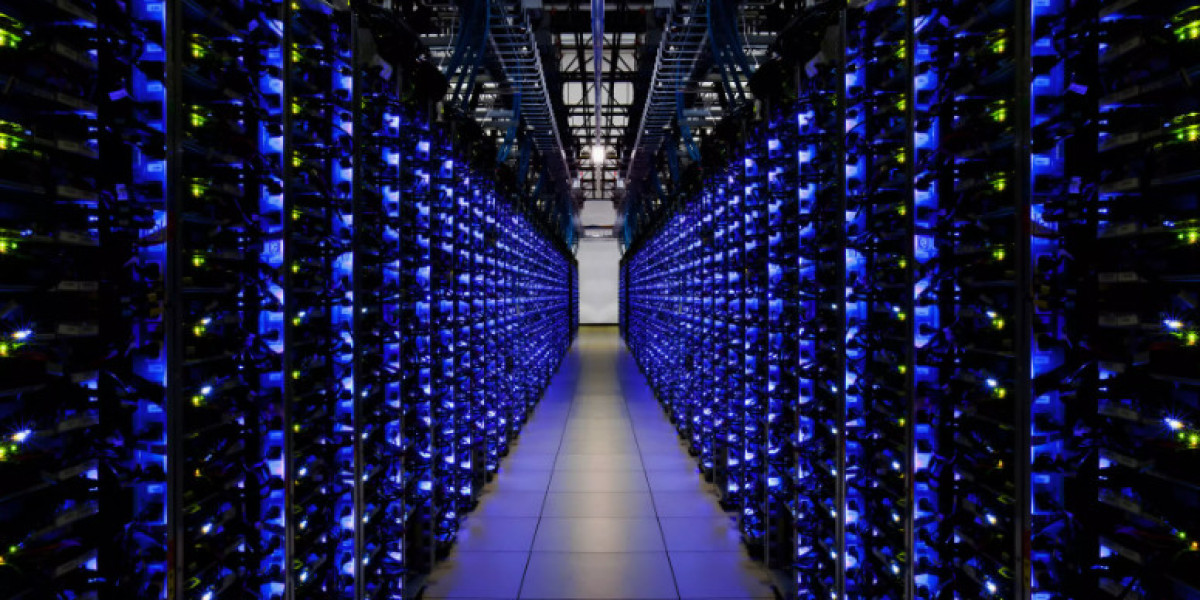In the rapidly evolving landscape of information technology, staying at the forefront of innovation is not just a choice; it's a necessity. One such innovation that has been shaping the future of computing is the advent of server blades. These compact, powerful, and efficient computing solutions are revolutionizing the way data centers operate and are poised to play a pivotal role in the future of computing.
What Are Server Blades?
Server blades, also known simply as blades, are a type of computing component designed for data centers and enterprise environments. They are essentially individual servers packaged in a compact form factor that can be easily inserted into a shared chassis, referred to as a blade enclosure. This architecture allows multiple server blades to share common resources like power, cooling, and networking, making them highly space-efficient and energy-efficient.
The Compact Powerhouse
One of the standout features of server blades is their remarkable density. Traditional rack-mounted servers can be bulky, occupying a significant amount of space in data center racks. In contrast, server blades are slim and self-contained, allowing data centers to accommodate more computing power in the same physical footprint. This high-density computing capability is a game-changer, particularly in environments where space constraints are a concern.
Efficiency at Its Core
Efficiency is the name of the game in the modern data center. Server blades are designed with efficiency in mind. Their modular and hot-swappable nature means that individual blades can be added, replaced, or upgraded without affecting the entire system. This not only reduces downtime but also enhances scalability, making it easier for businesses to adapt to changing computing needs.
The Future of Computing
So, why are server blades considered the future of computing? The answer lies in their ability to address the growing demands of the digital age. With the explosion of data and the increasing reliance on data-driven technologies like AI, IoT, and cloud computing, businesses require agile, scalable, and efficient computing solutions.
Server blades are well-suited to meet these demands. They provide the foundation for building flexible and resilient data center infrastructures capable of handling complex workloads, all while optimizing resource usage and reducing operational costs.
As we journey further into the digital era, server blades are set to continue playing a vital role in shaping the future of computing. Their ability to deliver high-performance computing in a compact and efficient form factor makes them an integral part of data centers' strategies for years to come.
In conclusion, server blades represent a quantum leap in computing technology, offering a glimpse into the future of IT infrastructure. As businesses strive to stay competitive and innovative, the adoption of server blades is poised to be a key step in their journey towards a more efficient and agile computing environment. For more visit us: https://www.lenovo.com/gb/en/c/servers-storage/servers/blades-flex/















